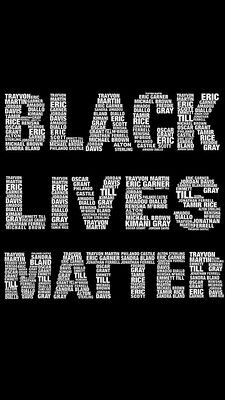Spann: Separate and never equal
October 12, 2020
“It is not our differences that divide us. It is our inability to recognize, accept, and celebrate those differences.” -Audre Lorde
So last week, we spoke about privilege, which began a conversation I would like to continue. For some reason, there seems to be a common misconception that the only wrong done to African Americans was slavery.
Even without the system of slavery, the United States played a large role in misrepresenting and exploiting African Americans. History shows this through chain gangs, wrongful convictions, systemic oppression, racial profiling and racially geared social injustice. Many of these issues have plagued African Americans from the post-civil war until today.
“After the Civil War, slavery persisted in the form of convict leasing, a system in which Southern states leased prisoners to private railways, mines, and large plantations. While states profited, prisoners earned no pay and faced inhumane, dangerous, and often deadly work conditions,” according to the Equal Justice Initiative.
After convict leasing gained the connotation of being inhumane, the practice of chain gangs began.
“Chain gangs were groups of convicts forced to labor at tasks such as road construction, ditch digging, or farming while chained together. Chain gangs minimized the cost of guarding prisoners, but exposed prisoners to painful ulcers and dangerous infections from the heavy shackles around their ankles,” according to PBS.
The chain gain practice started with the police who would manipulate the system. The United States has oppressed African Americans by wrongfully convicting Black people then putting their charges down as felonies.
Because a third of all Black men have a felony charge, it effectively silences the African Americans’ thoughts and needs.
“The outside world told black kids when I was growing up that we weren’t worth anything. But our parents said it wasn’t so, and our churches and our schoolteachers said it wasn’t so. They believed in us, and we, therefore, believed in ourselves,” -Marian Wright Edelman.







